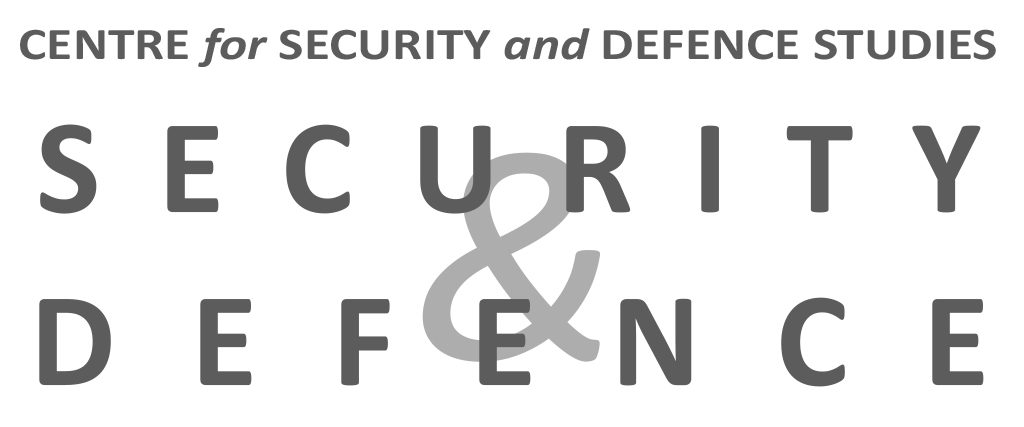
Radicalisation is typically associated with terrorism, since the former may – in principle – lead to the latter. While the topic dominated public debates following the surge of terrorist attacks in Europe by jihadi militants in the second half of the 2010s, the lens through which it is perceived has recently shifted towards far-right extremism and other ideologies reigning among organisations such as Proud Boys or Oath Keepers, notorious for the overrepresentation in their ranks of members with a military background. As a telling example, it has been estimated that 20% of the rioters who attacked the US Capitol on 6 January 2020 were either military veterans or active duty service members.
While several theoretical avenues have tried to explain why and how certain individuals engage in domestic terrorism, much work remains to be done before we can truly grasp the specific drivers of radicalisation within armed forces.
However, certain methods and tools, aimed to facilitate the detection of propensity for radicalisation throughout the military lifecycle (especially during the selection and dismissal procedures, but also post service), are being developed.
In order to provide a clear state of play on the matter, we will have the pleasure to welcome Prof. Dr Carl Castro (University of Southern California) and Prof. Dr Nicola Fear (King’s College London) who will present the best approaches identified so far by NATO countries. We will also have the honour of listening to Prof. Dr Arie W. Kruglanski (University of Maryland), who will discuss the applicability of his renowned “3N model” (need for significance – narrative – network) for veteran radicalisation in the US and beyond.
Research line: Threats, challenges and strategic responses
Source images: © JDAnimation

Evening conference
New insights into radicalisation
within the armed forces
Conference videos:
CHC Hans DE CEUSTER & Prof. Dr Carl CASTRO
Prof. Dr Arie W. KRUGLANSKI
Moderator: Didier LEROY
Language: English
Simultaneous interpretation in French and Dutch
27 April 2023, 17:00 – 18:30
> 16:30 – Registration
> 17:00 – Conference
> 18:30 – Reception
Campus Renaissance
Rue Hobbema, 8
1000 Brussels
